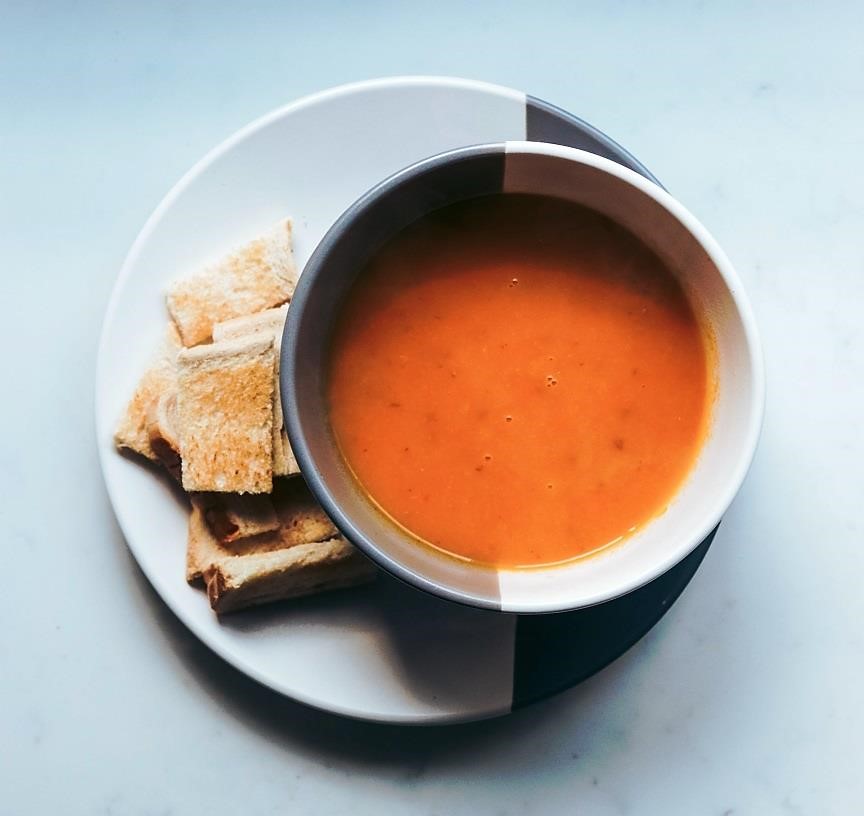
by Fern Shaw | Oct 24, 2023 | aquaid, water boiler, water cooler, Water Coolers, water dispenser
There are a number of positives to installing an AquAid Hot & Cold Water Dispenser or Hot Water Boiler. The most common reasons are piping hot water constantly available for whatever hot drink you enjoy – tea, coffee, hot chocolate, hot lemon water – the list goes on.
Often though there seems to be a hot water drink (meal?) that is oft forgot but just as vital to getting you through the working or school day, albeit in a heated hydration method.
Nothing equates to a soup made from scratch, but as we go about our daily business or busy school day, there often is only a minute or two available to dispense piping hot water for a nourishing mug of soup. And instant soups hit the spot perfectly.
Instant soup has been around for decades, with firm favourites remaining popular however, tastes have broadened where we now have soup from further afield gaining popularity. Although there may be plenty people for whom a spoonful of Bovril or Marmite in hot water will suffice, there are other consommés that are just as nourishing and healthy. Think miso soup for example!
Whatever your favourite hot water brew, AquAid has a boiling hot water drink dispenser to meet your requirements.
If you’d like know more about AquAid hot & cold dispenser and water boiler products as well as our life-saving charity partnerships, please * e-mail or ☏ us on 0800 772 3003. It will be our pleasure to assist you.
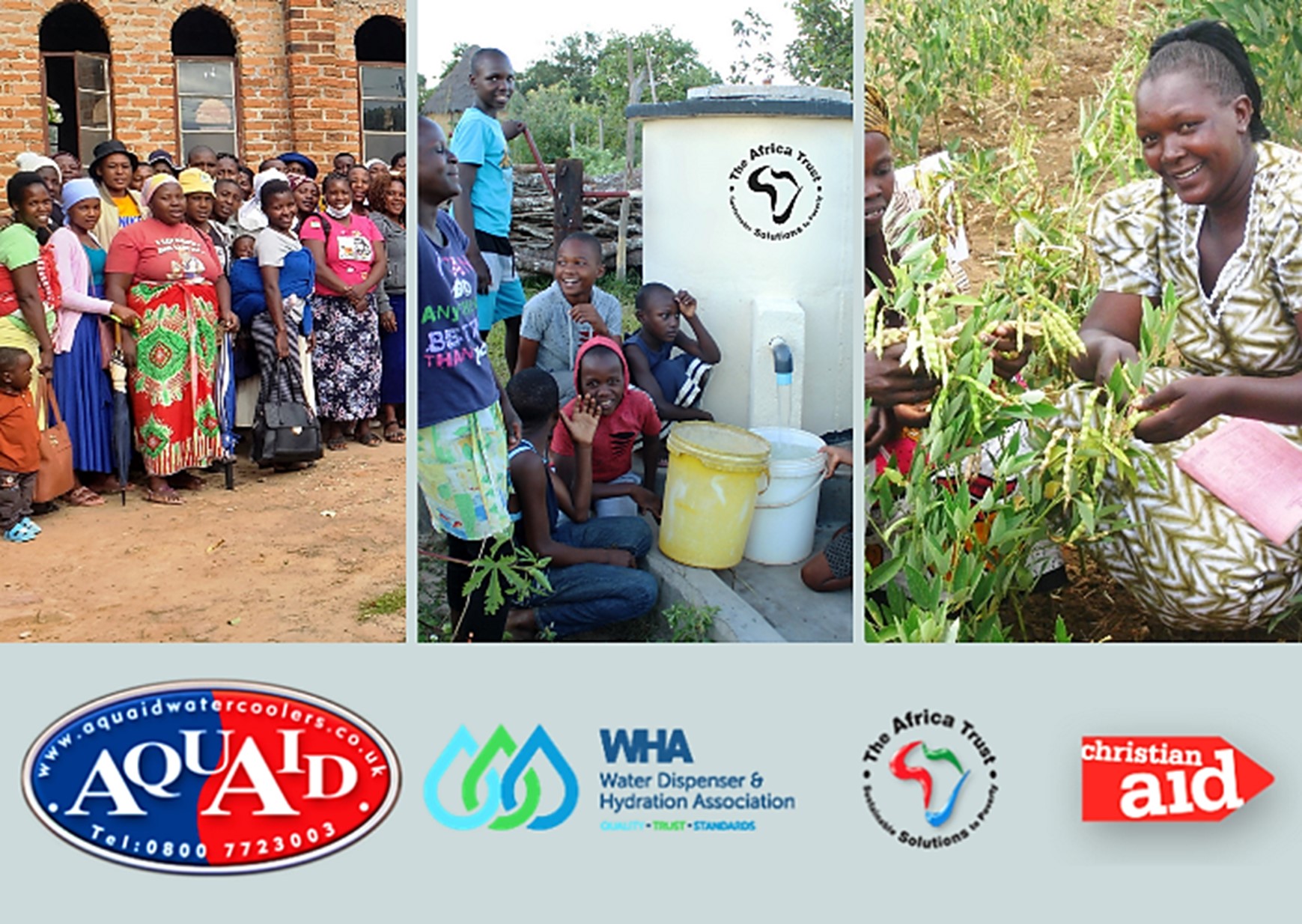
by Fern Shaw | Jul 12, 2023 | aquaid, Christian Aid, water cooler, Water Coolers
As of April this year, AquAid has donated over £20 million to charity. This staggering amount is a culmination of charitable donations which began in 1998. This includes over £2.8 million donated to Pump Aid, which enabled half a million people to gain access to sustainable supplies of clean productive water and decent sanitation in Africa. This work was continued by The Africa Trust, which was founded by the Chief Executive of Pump Aid, together with Paul Searle, who was the founder and majority shareholder of AquAid.
To date, more than three million people use Elephant Pumps [pictured above middle] installed by The Africa Trust, largely as a result of over £10.2 million donated by AquAid. In addition, these funds have paid for entrepreneurial training [pictured above left] and loans, which have helped over 40,000 people to set up small businesses and support their families. With legacy projects in Liberia, Kenya and Uganda and ongoing major programmes in Zimbabwe and Malawi, The Africa Trust is using funding from AquAid to provide sustainable solutions to poverty for millions.
Ian Thorpe, Chief Executive of The Africa Trust said, “AquAid has achieved growth while incorporating an extraordinary level of charitable donations into their business model. Customers drinking pure chilled water from AquAid water coolers in the UK directly enable people to gain access to life saving clean water in Africa. The ongoing funding is helping to lift literally millions of people out of extreme poverty in a sustainable way. Many congratulations on reaching this £20 million milestone!”
AquAid donations of over £3.8 million to Christian Aid have funded water and capacity building projects in Ethiopia and Malawi, improving the lives of 370,000 individuals. The Malonda Project stands out for its provision of affordable loans and business training to entrepreneurs and pigeon pea farmers [pictured above right] in Malawi. The results are impressive: a perfect 100% loan repayment rate and household incomes increased. Inspired by the success of the Malonda Project, AquAid, The Africa Trust and Christian Aid decided to launch the £1,000,000 Rural Entrepreneurship Assistance Project (REAP). It aims to lift 5,250 households in Malawi out of extreme poverty by 2025.
Director of Fundraising, Nick Georgiadis said, “Christian Aid believes that poverty eradication requires innovative partnerships including with the private sector. Socially conscious business has a critical role to play in building a just and sustainable future for people and the planet. We are thrilled that AquAid embodies such a positive social purpose, we could not be happier to celebrate this important milestone with them. We extend profound gratitude to AquAid for their unwavering support”.
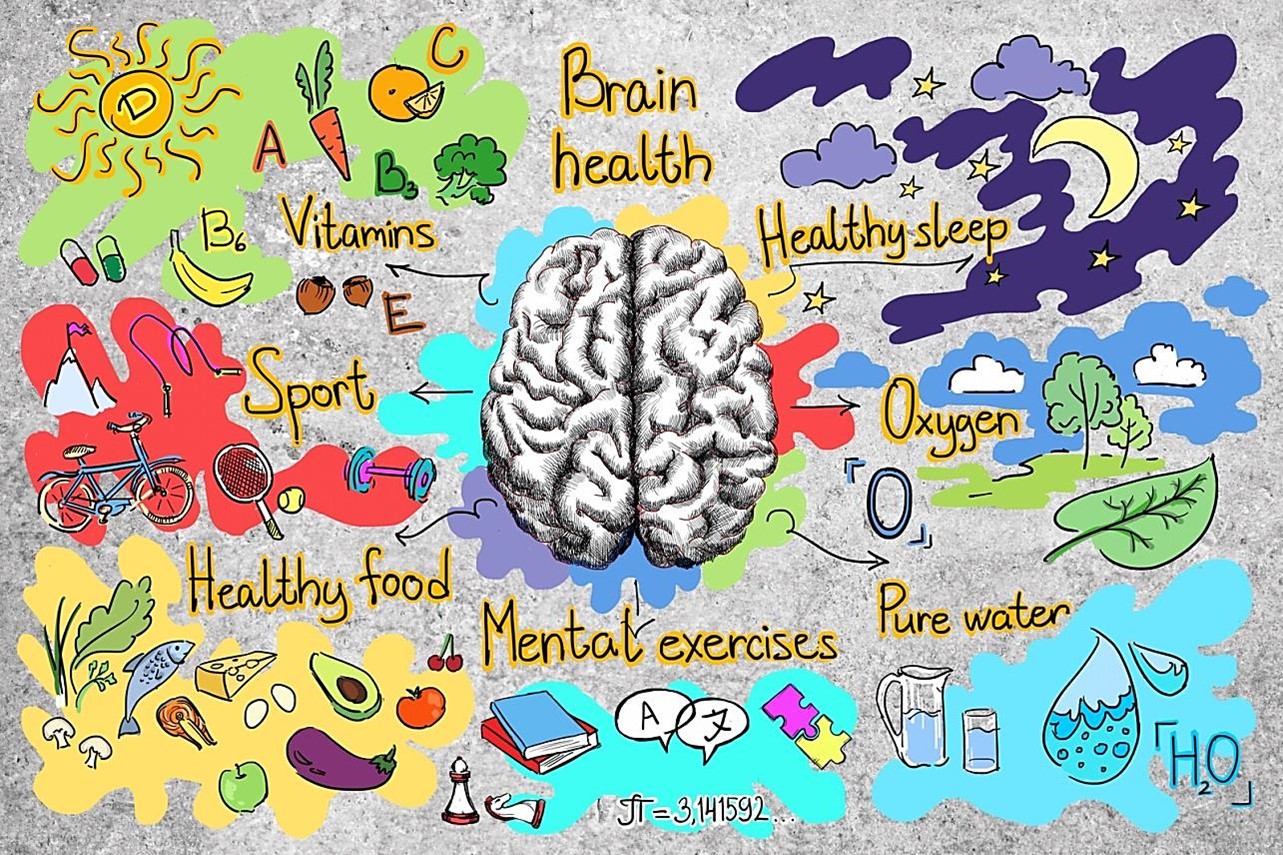
by Fern Shaw | May 24, 2023 | aquaid, water cooler, water cooler, Water Coolers
This month of Mental Health Awareness, we have looked at how drinking enough water can aid our ability to reduce anxiety and boost our mental wellbeing. In this blog, we focus our attention to the effects dehydration can have on the brain and possible solutions.
*Almost every bodily function relies on water. Because 75% of brain tissue is water, dehydration reduces energy production in the brain and can change brain structure, causing the brain to slow down and not function properly.
At the molecular level, if water levels are too low, our brain cells cannot function properly, with the brain showing signs of working harder to complete tasks.
Our cells recognise a state of dehydration as a threat to survival, leading to a state of anxiety. Serotonin is a neurotransmitter (a chemical messenger between brain cells) that stabilises our mood and regulates emotions. During dehydration, we struggle to get the chemicals required to produce serotonin into our brain.
Being just half a litre dehydrated may also increase the stress hormone cortisol, which has been associated with a range of mental disorders, including anxiety.
Drinking water, maintaining good hydration habits is proven one of the simplest methods to counteract low mood, anxiety and other stresses associated with insufficient water intake.
If you are concerned about the health and well-being of your staff at your establishment or organisation, speak to us at AquAid. From the smallest office space and staff contingent to multinational companies that employ hundreds of staff, AquAid have a drinking water solution tailor-made to suit your requirements.
source* Nikolaij Travica – article at The Conversation
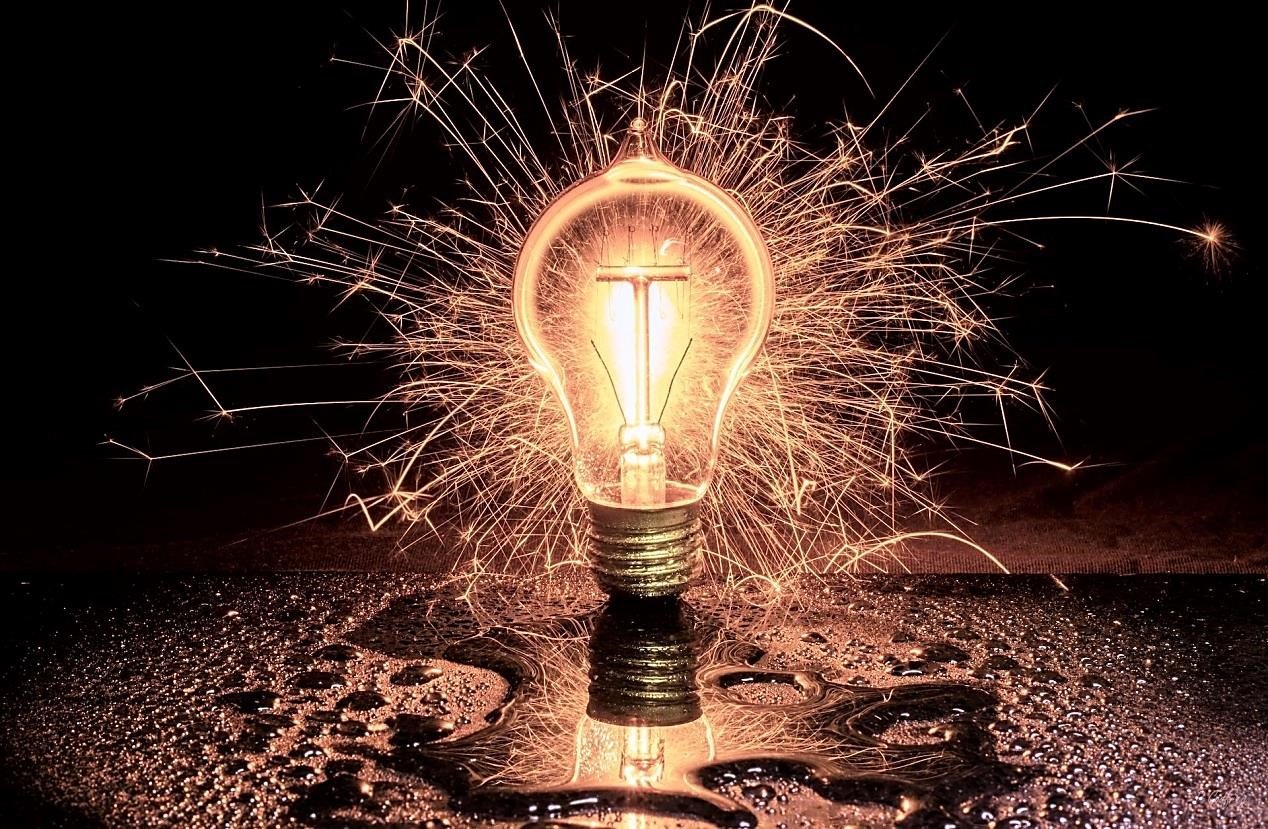
by Fern Shaw | Sep 13, 2022 | aquaid, water cooler, Water Coolers
In our very rushed lives, it would seem the simplest action oftentimes becomes the most difficult.
Take your water intake for example. Aside from every being alive requiring water to simply survive, let alone flourish, it’s a pretty sad state of affairs in which we often find ourselves. Somehow, on a daily basis, one of the most necessary functions most vital to our well-being is oft ignored.
It’s a foregone conclusion that we require water for each of our body organs to function at an optimum level – from nail growth through to how well our brain operates.
When it comes to brain health, sufficient water intake is essential, especially considering the fact that your grey matter is made up of 75% water.
So how does hydration and dehydration affect brain health?
Our brains consist of billions of neurons that regulate everything from core temperature to perspiration. Because the brain is made up mostly of water, it makes sense that this organ won’t work as efficiently when it is water deficient.
Proper hydration can literally improve mood. Drinking water makes us feel so refreshed that it actually improves our state of mind. You don’t even have to be severely in need of it to benefit: even mild dehydration has been shown to negatively affect moods.
On the reverse of that, if your brain is dehydrated, it affects motor and cognitive skills: symptoms including irritability, sluggishness and an inability to think straight. Dehydration also showed a strong link to poor memory. When you’re water deficient, it’s hard to stay focused on a certain task.
Drinking water can combat headaches naturally. Going without water for too long causes headaches for some people, and has been identified as a migraine trigger. The good news is that in a study on the effects of water on headaches, participants experienced ‘total relief’ from their headaches within 30 minutes of drinking water (two cups, on average).
It can be a short cut to keeping alert. If you need to concentrate for long periods of time, keeping water handy will help you stay refreshed, hydrated, and focused: dehydration can impair your attention span, memory, and motor skills.
Want to think more clearly? Drink water (more than you’re drinking now). Dehydration causes shrinkage of brain tissue. So when we haven’t been drinking enough water, our brains have to work a lot harder to perform at the same level. One study even found that students who brought water to tests did better on their exams.
At AquAid, we’re well-versed about how important a sufficient water intake is to our health and well-being. Which is why, when it comes to water dispensers, we will always give you the best advice about which water cooler is the right fit for your office, workspace, work site, medical or educational facility.
Contact us at your convenience. Allow us to provide you with the benefit of over 23 years’ experience while we guide you to which AquAid water cooler from our extensive range will help you keep brain alert, happy and healthy.

by Fern Shaw | Sep 5, 2022 | aquaid, Charity, Christian Aid, water cooler, Water Coolers
Today is the International Day of Charity. As an organisation, AquAid, with our focus on giving back since our inception in 1998, acknowledging this day is immensely significant.
For over twenty-two years, AquAid has donated a portion of revenue to charities, predominantly to both Christian Aid and The Africa Trust.
Founded in 1941, the mission of Christian Aid is to eradicate the causes of poverty, striving to achieve equality, dignity and freedom for all, regardless of faith or nationality. AquAid have supported Christian Aid for more than twenty years, donating over £3.7 million to water and capacity building projects around the world.
Since its formation in 2010, The Africa Trust has worked tirelessly to create sustainable solutions that include establishing supplies of clean, productive drinking water and decent sanitation to thousands of communities in water scarce regions across Africa. Wealth creation is another important objective, with business skills training helping school leavers and villagers to start or expand profitable businesses.
This year’s International Day of Charity resonates even more so with all of us at AquAid as the company has recently reached donations exceeding £19 million. This amount has enabled us to provide life-changing assistance to more than 3 million people around the globe and predominantly throughout Africa.
We would like to dedicate this achievement to Paul Searle, AquAid’s Founder, Managing Director and Chairman, whose faith and unquenchable spirit was the driving force that kept AquAid growing and expanding for over two decades, all while never losing sight of the importance of contributing to charity.
Should you too wish to partner with AquAid in this continuing commitment to charity while keeping your organisation hydrated, please contact us – we will be happy to assist.
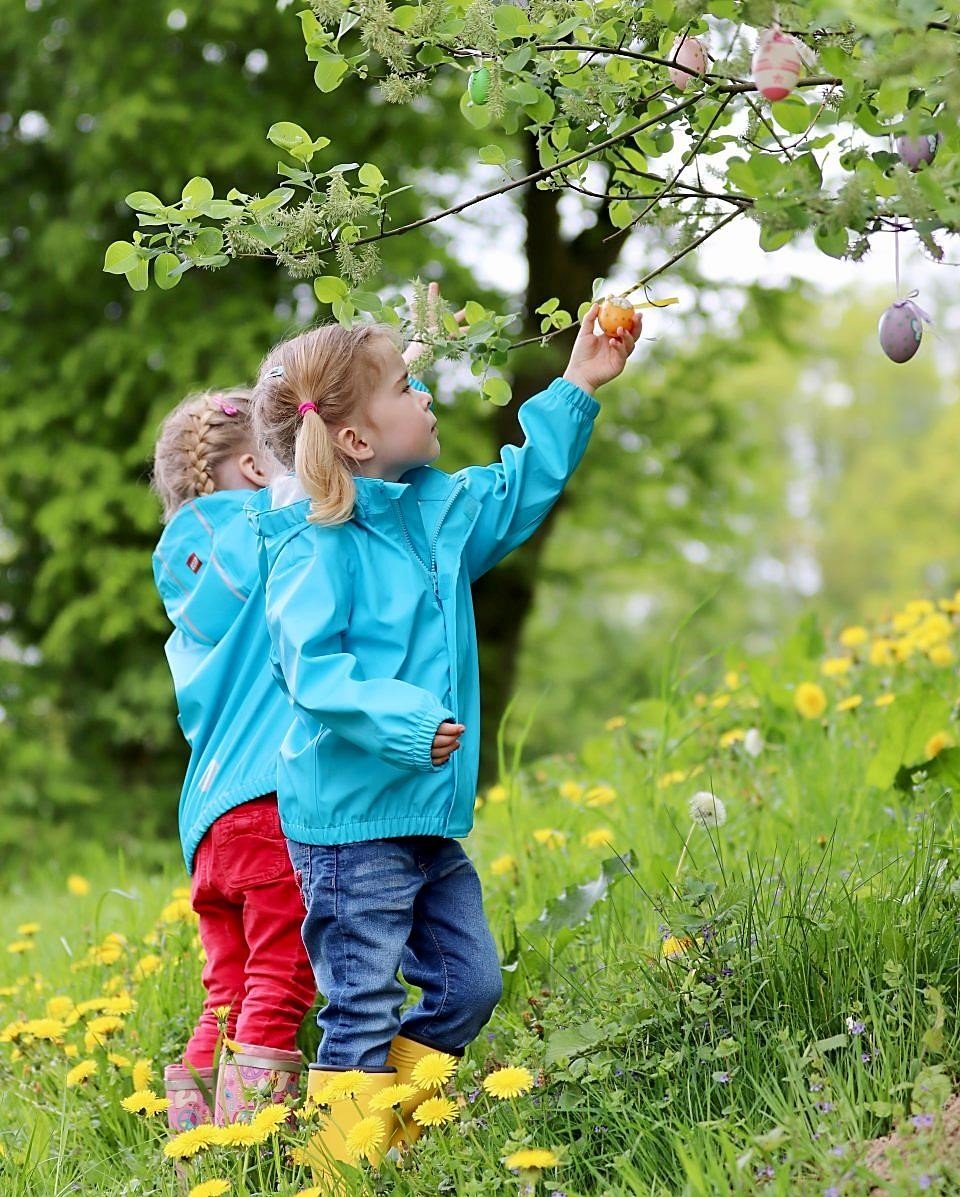
by Fern Shaw | Apr 15, 2022 | aquaid, Water, water cooler
In spite of what has almost become an AquAid tradition of writing an Easter themed blog and the role water plays at this time of the year, we’re constantly amazed there is more to discover out there with an (usually traditional) Easter/water connection. As well as other unusual traditions and events that is.
In previous blogs, we referred to traditions such as in Switzerland, people decorate wells and fountains leading up to Easter. Decorating a well symbolises the honouring of water, which is essential for life, and Easter, the feast of renewed life.
In another, we looked at where every Easter, hundreds of thousands of Norwegians indulge in crime fiction, known in Norwegian as påskekrim (Easter crime).
This year we discovered ‘l’eau de Paques’, or ‘Easter water’. The purity, healing and restorative powers of any water collected from any moving brook, stream or river in the hours* before sunrise on Easter hearkens back to a Catholic ritual performed in France hundreds of years ago and reaching as far as Quebec, and still performed today.
Egg rolling began in Central Europe and the United Kingdom and in Preston, eggs have been rolled for more than a century and a half. According to a Lonely Planet article Avenham Park, whose grassy slope is the perfect stage for children competing to roll their egg the furthest.
Fireworks are common during midnight church services on Orthodox Easter Saturdays in Greece. But on the island of Chios, Easter is incendiary. Two neighbouring parishes hold an annual competition to fire shots at each other’s steeples. Real cannons were used until the late 19th century, but these days homemade rockets are the ammunition for the town’s annual ‘rouketopolemos’ (rocket war).*
Of course, as AquAid is all things water, health and hydration, we do not recommend beginning a local version of the Easter rocket wars. What we will do is wish you all a peaceful and blessed Easter, however you choose to celebrate it.
*source: article Bangor Daily News
*source: article Lonely Planet






